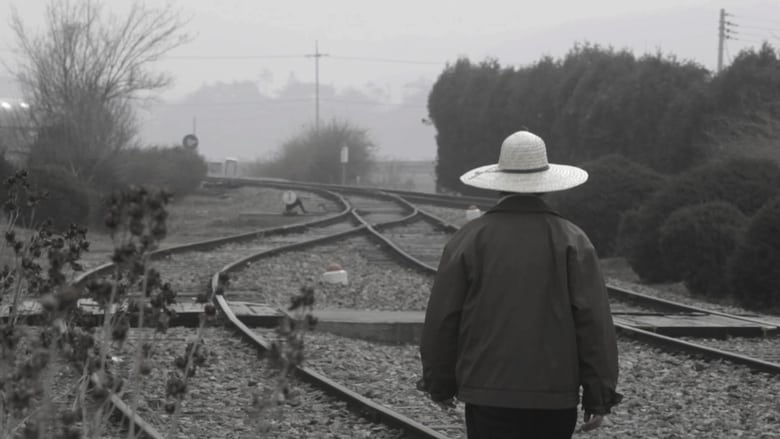My Father's Emails
Genres
Documentary
OverView
The director's father, who did not know how to use a computer, left her an autobiography via email. It includes his whole life through many notable events such as the Korean War, the Vietnam War, 88's Seoul Olympic, New Town Development, etc.
Others
Budget
$--
Revenue
$--
Status
Released
Original Language
Korean
Runtime
90 mins
Rating
0/10
Release Date
24 April 2014
Country
South Korea


